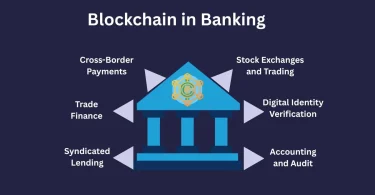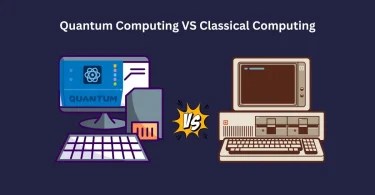Starting from the moment when we wake up to the smart alarms set on our phones, Artificial Intelligence has seamlessly integrated into the daily routines of our lives. In this case, AI covers a range of abilities of machines that can reproduce human cognitive functions such as learning and problem-solving. However, it is still unclear whether the machines could do something more than just the specific tasks, but think and learn like humans in a general way. This is the field of AGI, which remains a speculative topic and is associated with possible future artificial intelligence.
What is Artificial Intelligence (AI)?
AI is a term used to describe a vast array of modern technologies which allow machines to imitate human thought. Machine learning (ML), one of the major AI branches, is the ability of computers to learn from unsupervised data.
AI has many applications in different fields from facilities recognition software that helps us to unlock our smartphones to chatbots that respond to customer needs and recommendation systems that help us to choose online shopping.
What is Artificial General Intelligence (AGI)?
Different from the current AI that dominates in particular tasks AGI is a theoretical type of AI with the same cognitive abilities as a man. Think of a robot that can play chess like a top grandmaster while also writing a sonnet and solving complex mathematical problems as well as navigating through the social complexities of human interaction. AGI is currently a hypothetical notion, but it is one that captures our imagination just like it may possibly transform our world.
The most prominent features that distinguish AI from AGI are the ability to self-improve and to make decisions that involve ethical considerations.
Key Differences of AI and AGI:
Problem-solving:
- AI: The core of AI is based on the capacity to solve problems that are clearly defined (such as playing chess and facial recognition).
- AGI: Its competence is very high and it can even solve problems, not known before.
Learning and Adaptation:
- AI: Acquires information from data within a particular range.
- AGI: Spreads the accumulated knowledge from one domain to another, adding new knowledge and experience to the process.
Task Capability:
- AI: Constrained to a specified job by the AI it was trained for.
- AGI: Ability to perform tasks beyond its original training data set, thereby being more adaptable and suitable for various purposes.
General Intelligence:
- AI: Not known for its intelligence; the robot normally works within its set of guidelines.
- AGI: Strives to possess a human-level of general intelligence therefore it can comprehend complicated issues and solve problems effectively.
Consciousness and Sentience
- AI: They were not considered to be conscious or to have a mind.
- AGI: The problem of whether there would be consciousness and self-awareness in AI is still controversial.
Current Status:
- AI: Sustaining the interest and support required for the continued advancement of this technology in different sectors.
- AGI: An imaginary notion that has not been attained nevertheless by the time we will be able to overcome all the challenges.
The Influence of AGI on the Future:
The AGI capabilities may be extensive. For example, think about the possibility of machines making discoveries that may lead to the end of world hunger or global warming. AI can dramatically reorient the concept of work in terms of automating the most complex tasks and providing an opportunity for humans to demonstrate talents and ingenuity. Nevertheless, the AGI has some inherent risks and it should not be overlooked. The automation of work and the ethical issues regarding super-intelligent machines are two aspects that need very careful evaluation.
Conclusion:
AI and AGI are two terms used to describe the machine intelligence that goes through two stages of development. What AI does best is to perform specific tasks, while the future of AGI remains an unrealized possibility with the ability to transform our way of life. As AI research goes further and further, debates on whether we could achieve AGI and when we could achieve it remain the topic of discussion and interest.
FAQs
Does AI mean that my job is going to be replaced?
Even though AI automation displaces some jobs, it will also generate other ones. The attention will be drawn to the skills that supplement AI, like the ability to be innovative, critical and socially intelligent.
Is AGI dangerous?
The potential risks of AGI are a valid concern. Careful consideration of ethical frameworks and safety measures is crucial for responsible development.




Leave a Comment